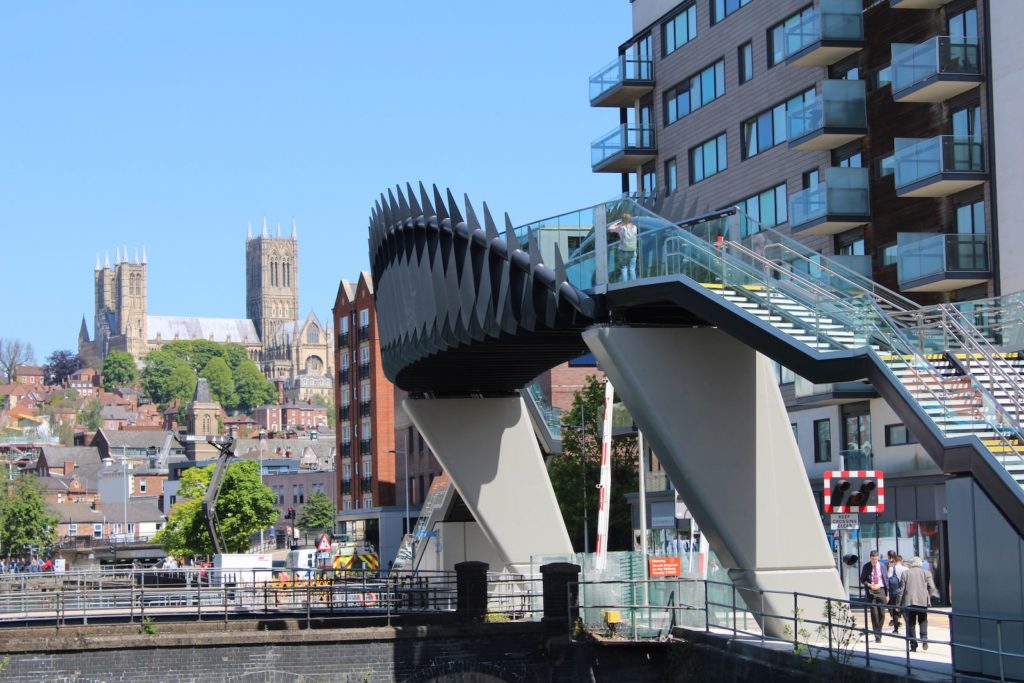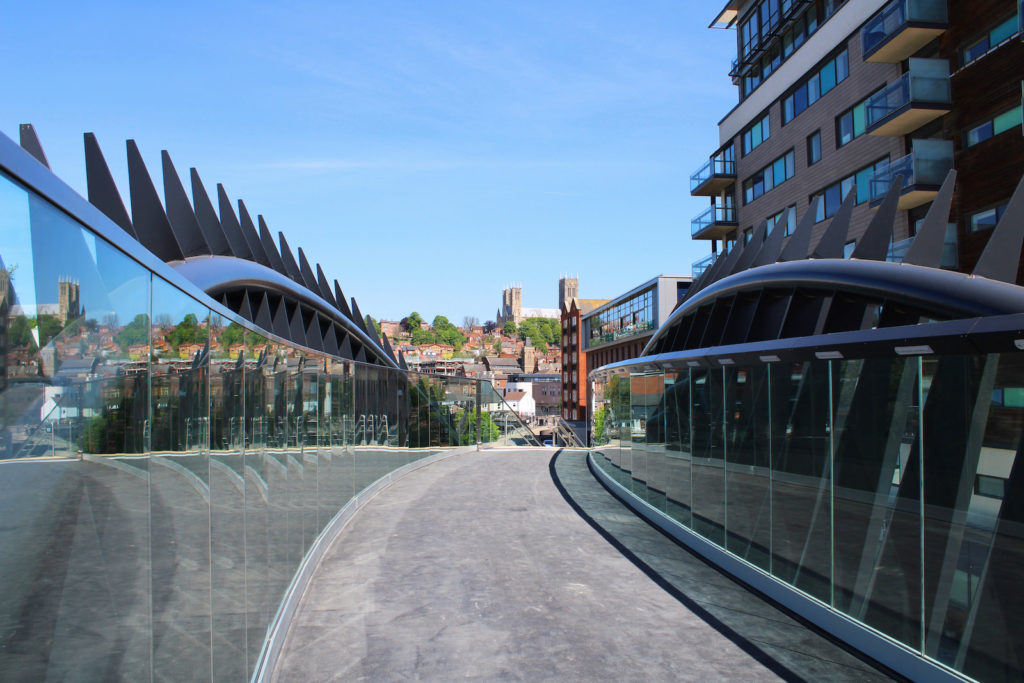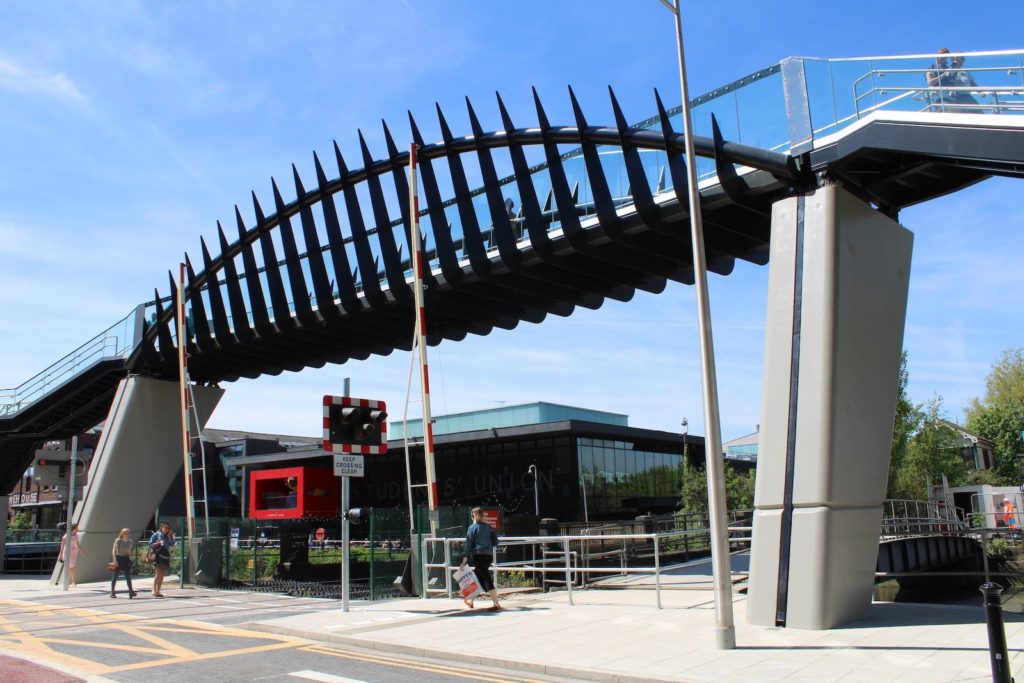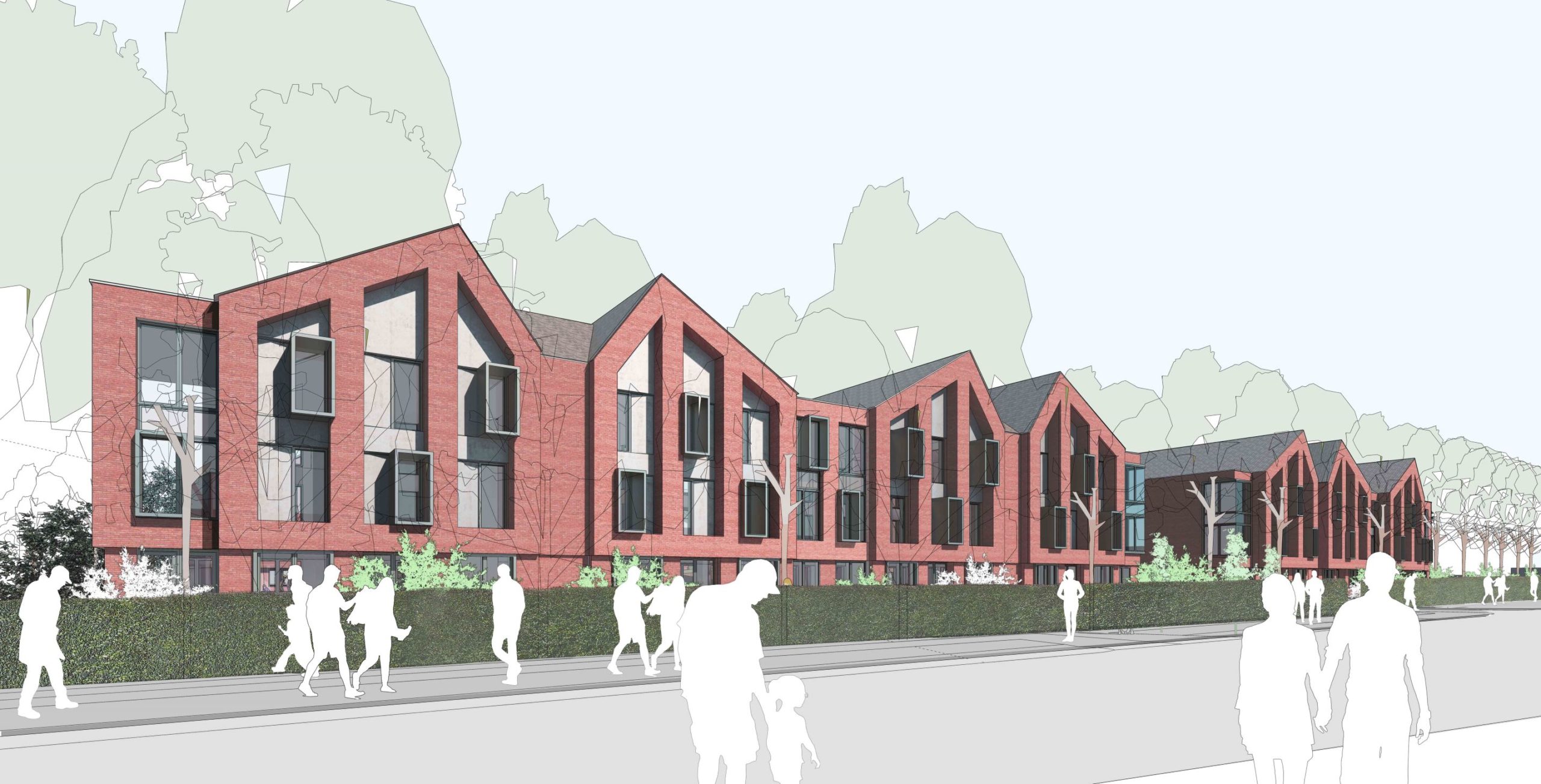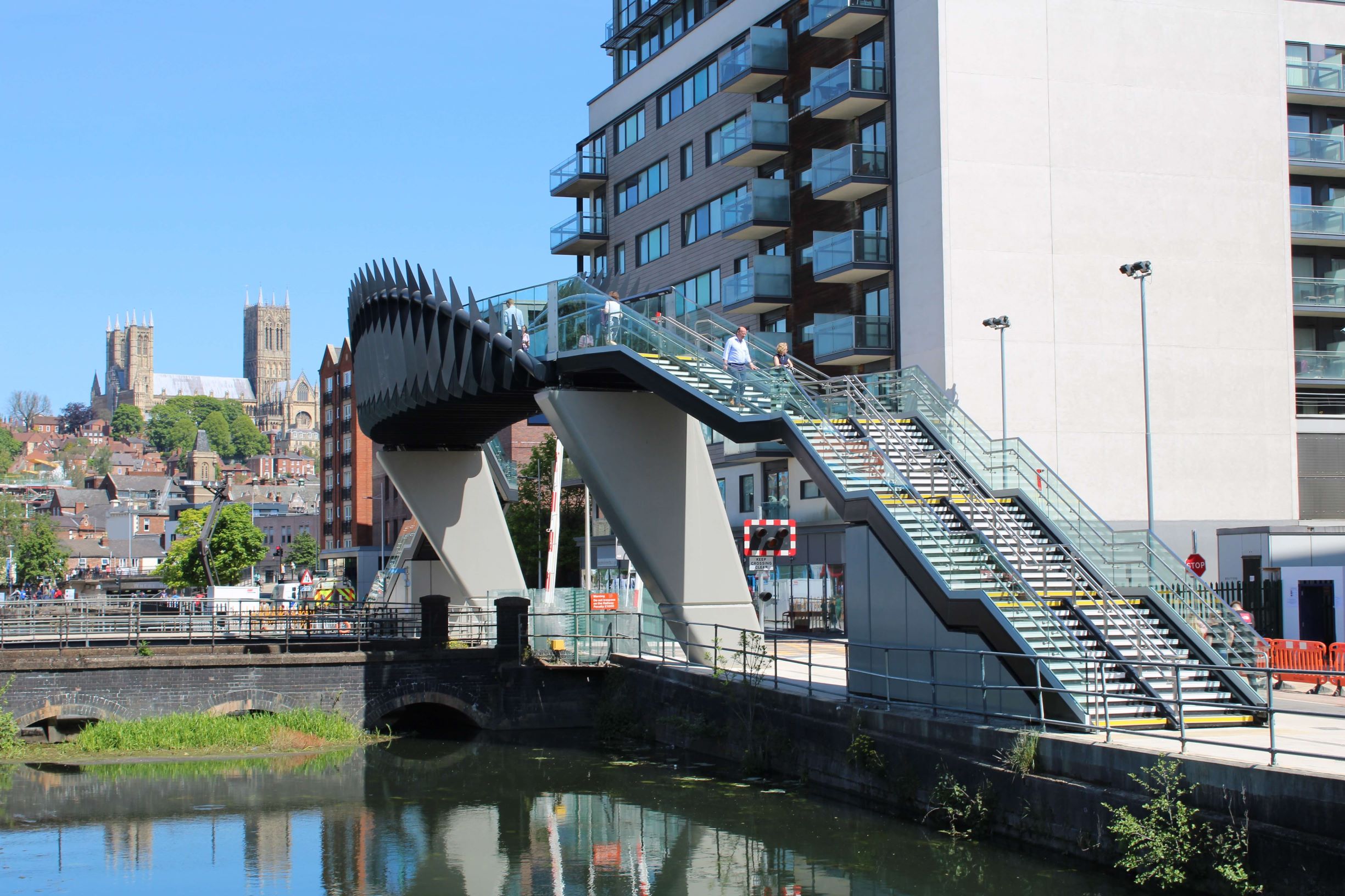Stem’s Feature on ‘The Architecture the Railways Built’
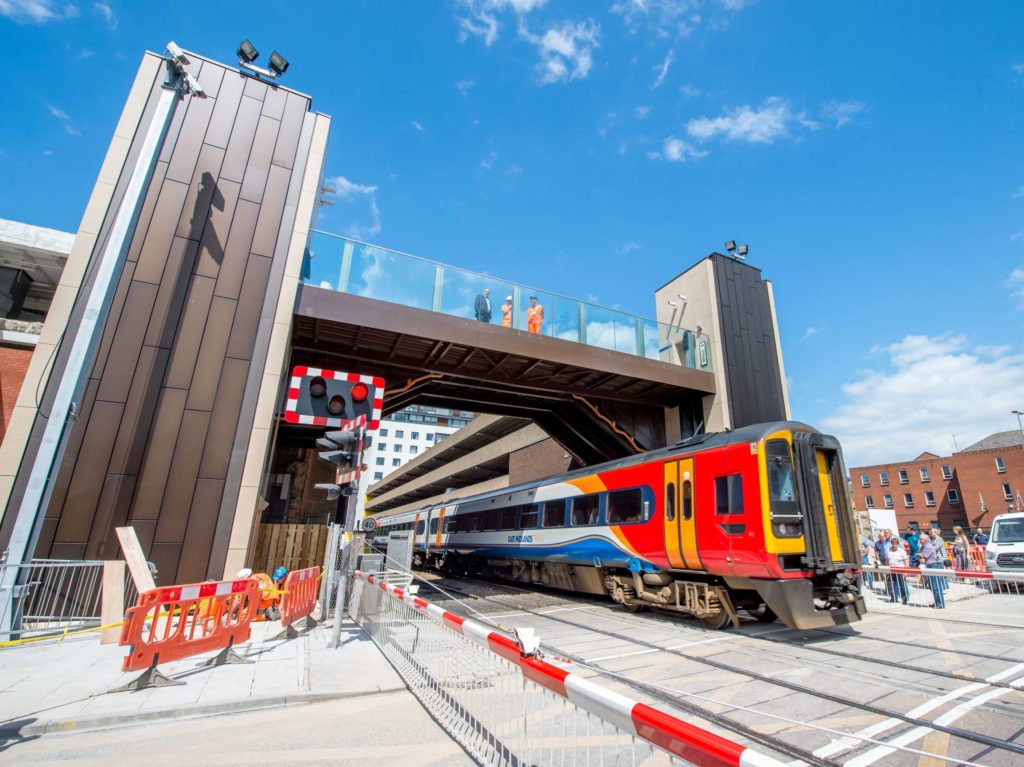
Earlier in the year Stem Architects were thrilled to announce that Lincoln’s fascinating railway history was to be featured on ‘The Architecture the Railways Built’. On Tuesday 11th April, several of our buildings were featured in the episode including the Engine Shed and Great Central Warehouse on the University of Lincoln’s campus, as well as our pedestrian footbridge’s on the High Street and Brayford Wharf East. It was a great showcase for the rich railway heritage which continues to shape the city in the 21st century.
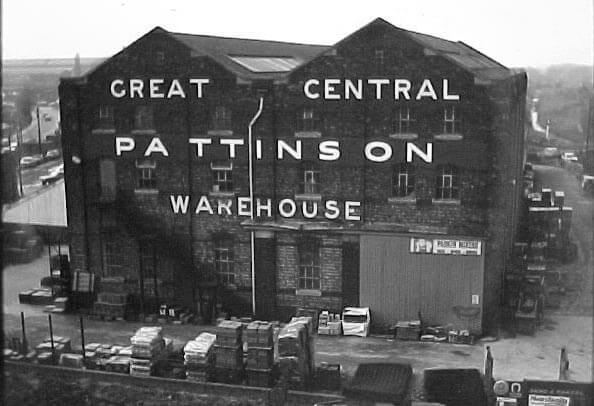
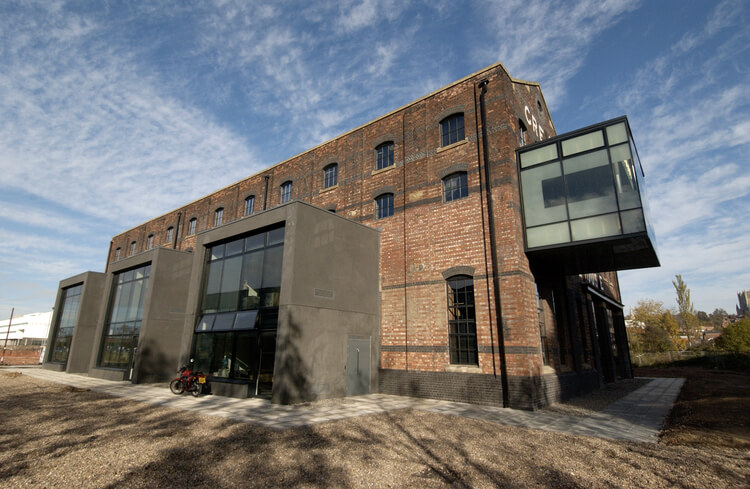
The University of Lincoln’s Great Central Warehouse Library spotlighted on the ‘The Architecture The Railways Built’, so we wanted to take a look back at the transformation of the building from a goods warehouse to the University of Lincoln’s Library.
The Great Central Goods and Grain Warehouse was originally constructed in 1907 as part of the rapid expansion of the Great Central Railway and the East Holmes Goods Yard. Supply and dispatch was both from the railway, with trains coming up to OR passing into the building to load and unload, and from the upper Witham through a dock on its north side.
Despite its significant role in the development of the railway in Lincoln, as goods traffic moved from the railway and waterways to the roads, the warehouse lost its purpose and it was sold by British Rail in 1967. Following the sale, the warehouse was used by a builder’s merchant for thirty years, but by 1998 the building was vacant and becoming derelict.
In the early 2000’s the derelict building was acquired by the University of Lincoln and transformed by Stem into the new library, opening to students in the summer of 2004.
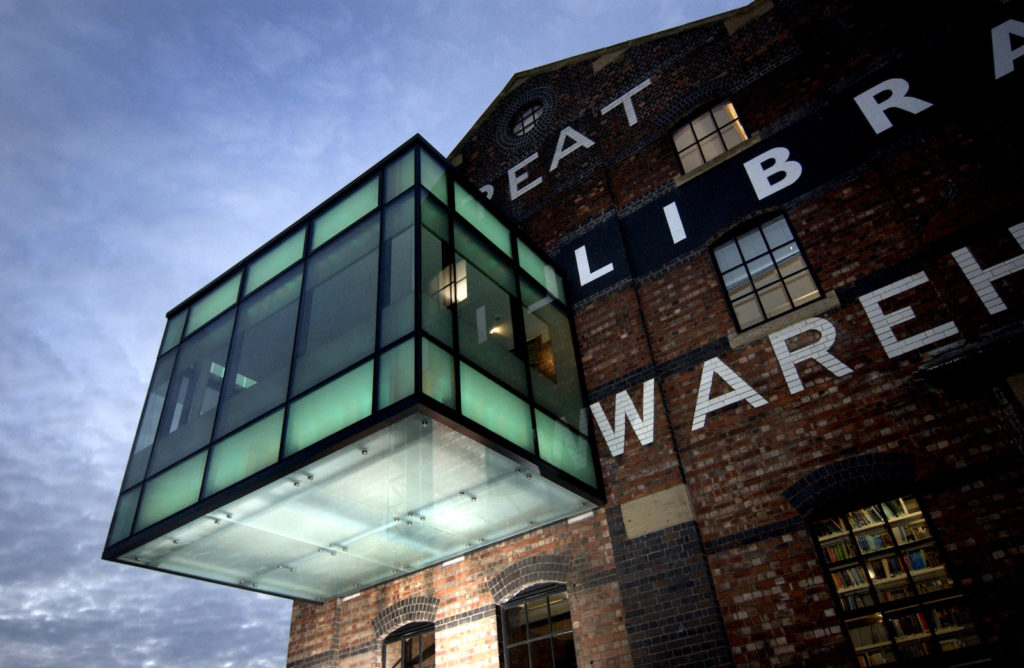
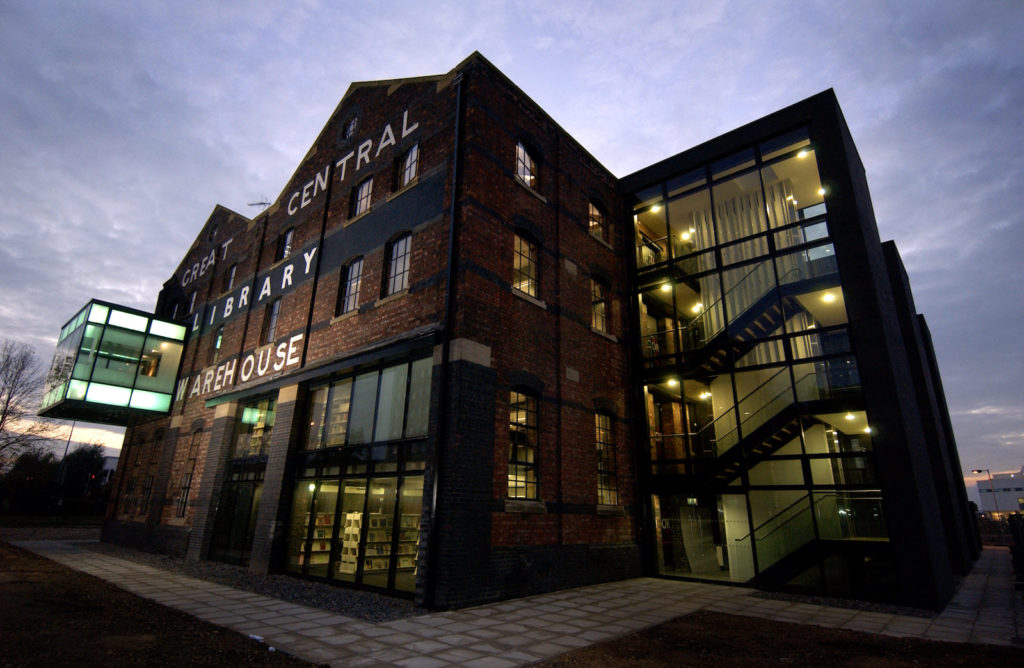
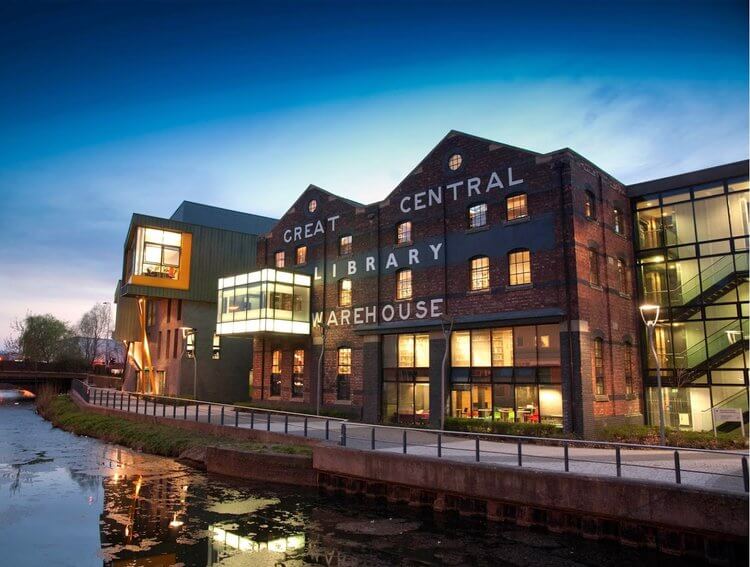
As well as the GCW Library, the Brayford Wharf East Bridge was also featured! The bridge has become a distinctive feature on the Brayford skyline, linking the University of Lincoln to the Brayford Pool area. The distinctive aesthetic of the bridge is derived from arches and traditional forms of bridges and then deconstructed to allow for stunning views of the trains as they pass below.
